Nearly 300 people have been killed in political violence across Bangladesh in the year since student-led protests forced former Prime Minister Sheikh Hasina from power, the country’s main human rights organisation said on Sunday.
In its latest report, Dhaka-based rights group Odhikar said at least 281 people had died in clashes involving political parties between August 2024 when Hasina fled to India after weeks of mass demonstrations and September 2025.
The group’s quarterly report also recorded 40 alleged extrajudicial killings of suspected criminals and 153 incidents of lynching during the same period, highlighting continuing instability and weak law enforcement in the South Asian nation.
Odhikar’s director, ASM Nasiruddin Elan, said that while the overall human rights situation had improved since Hasina’s departure, systemic problems within security forces persisted. “Law enforcement agencies are still not being held accountable,” Elan said.
Hasina, who ruled Bangladesh for more than 15 years, resigned and fled after a nationwide student uprising accusing her of authoritarianism and corruption. Her fall from power marked a dramatic shift in the country’s politics but also left a vacuum that, rights observers say, has fuelled ongoing factional and vigilante violence.
“Yes, we don’t see the frequent extrajudicial killings or enforced disappearances that we witnessed during the Hasina era, but deaths in custody, bribery, and harassment of victims are still ongoing,” Elan told AFP. He said that “innocent people fall prey to atrocities” for their alleged involvement with the Awami League, Hasina’s political party that is now banned.
Quick Reads
View AllHasina’s 15-year rule saw widespread human rights abuses, including the mass detention and extrajudicial killing of her political opponents. The Odhikar report also said many people had fallen victim to extortion by political parties, regardless of their financial or social standing, in the year since Hasina’s fall. Those included the Bangladesh Nationalist Party, seen as the frontrunner in elections slated for February 2026, and the Anti-Discrimination Student Movement, which was credited with starting the protests that toppled Hasina.
Jamaat-e-Islami, Muslim-majority Bangladesh’s largest Islamist party, was also included in reports of extortion, the report said. Odhikar also said mob attacks had been relatively frequent during the period, mainly because of inefficient policing.
“Police have been used to achieve party interests and were given impunity, which eventually led them to kill and torture activists affiliated with the opposition,” the report said.
It said “the police largely became dysfunctional and lost their morale”, after Hasina fell. Bangladesh’s interim government nor any of the political parties have responded yet to Odhikar’s report.
With inputs from agencies


)
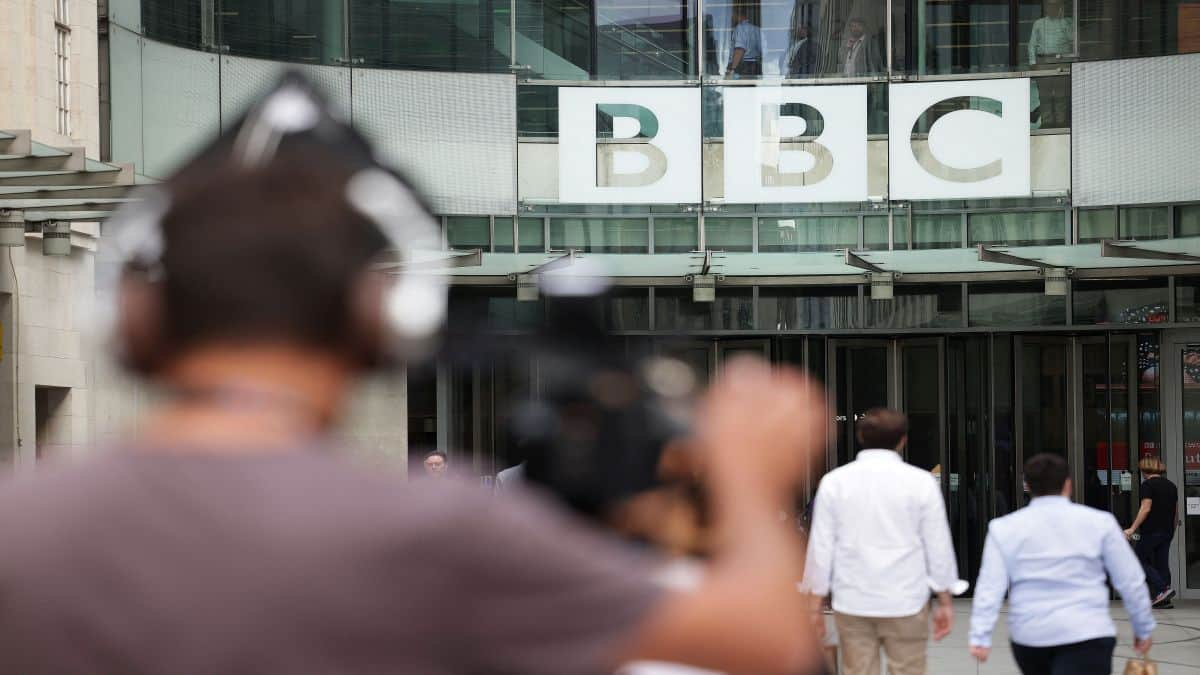
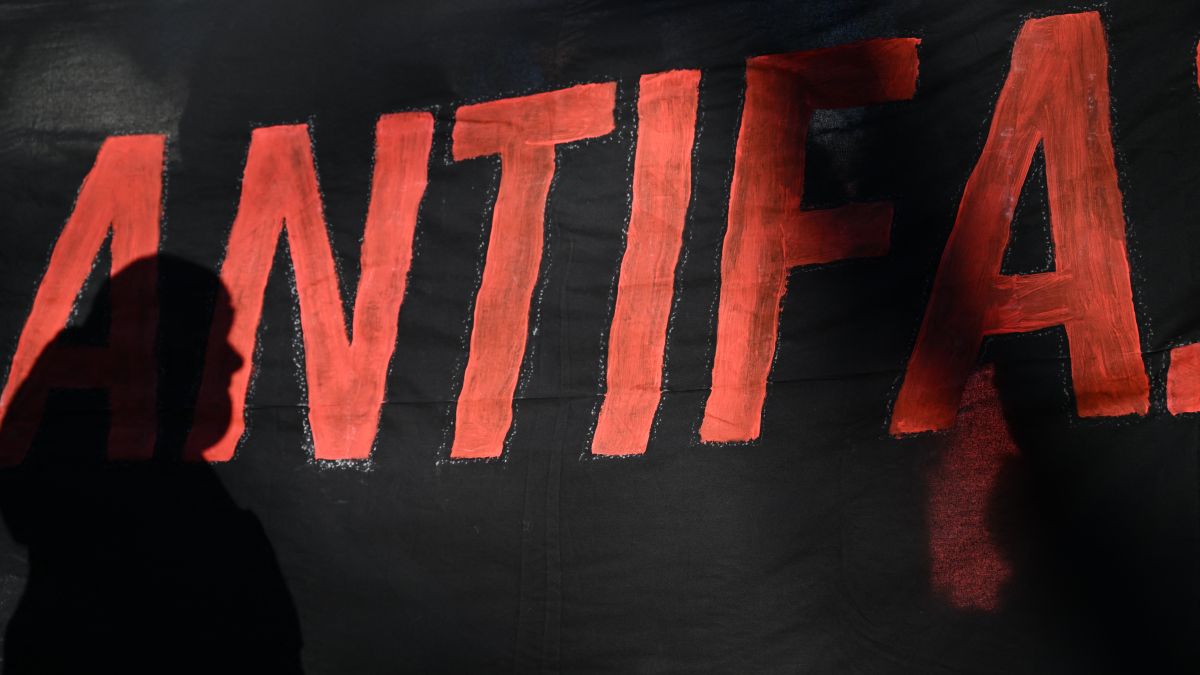)
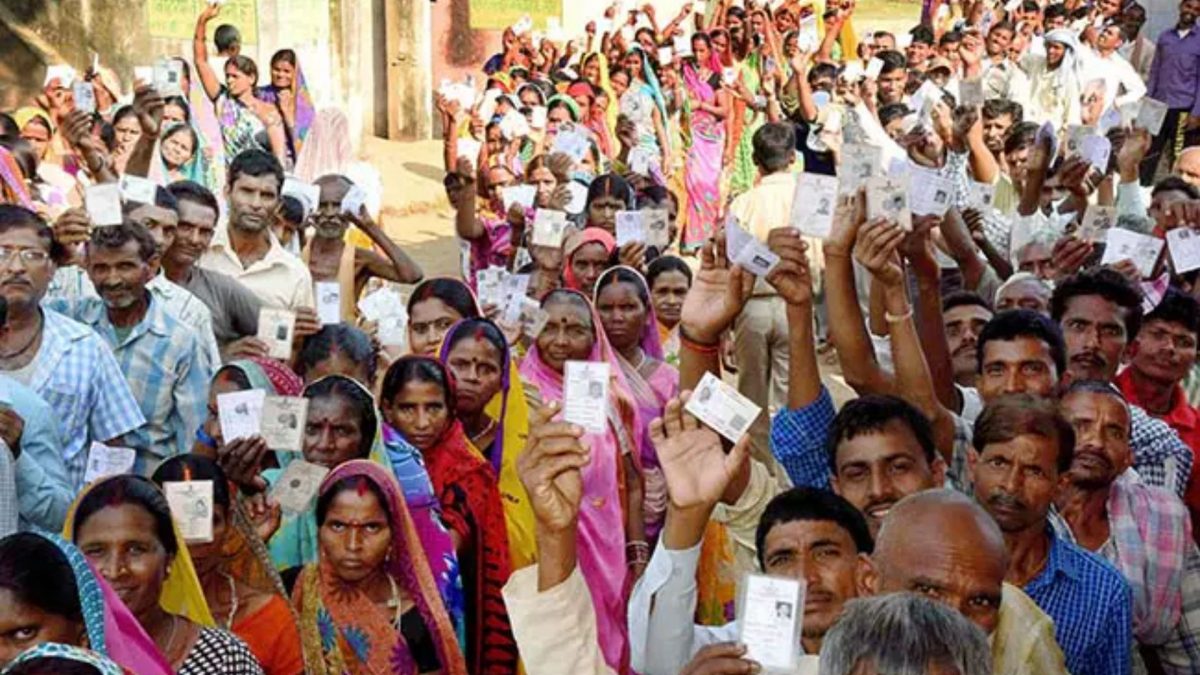)
)
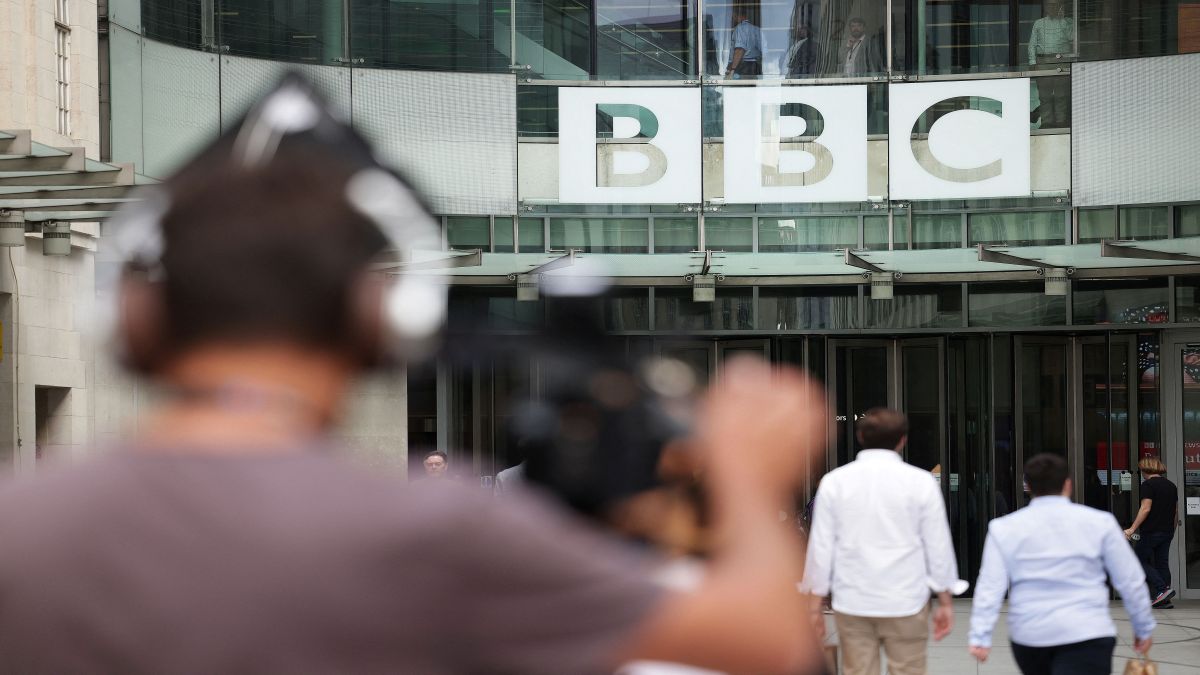)
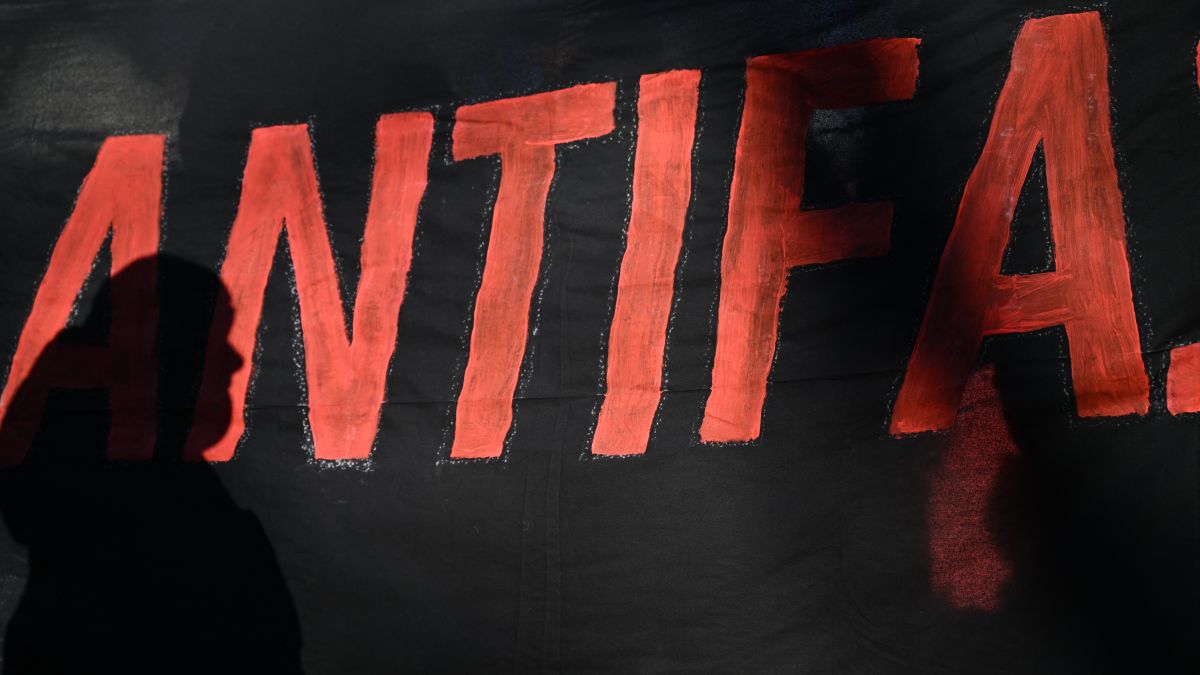)
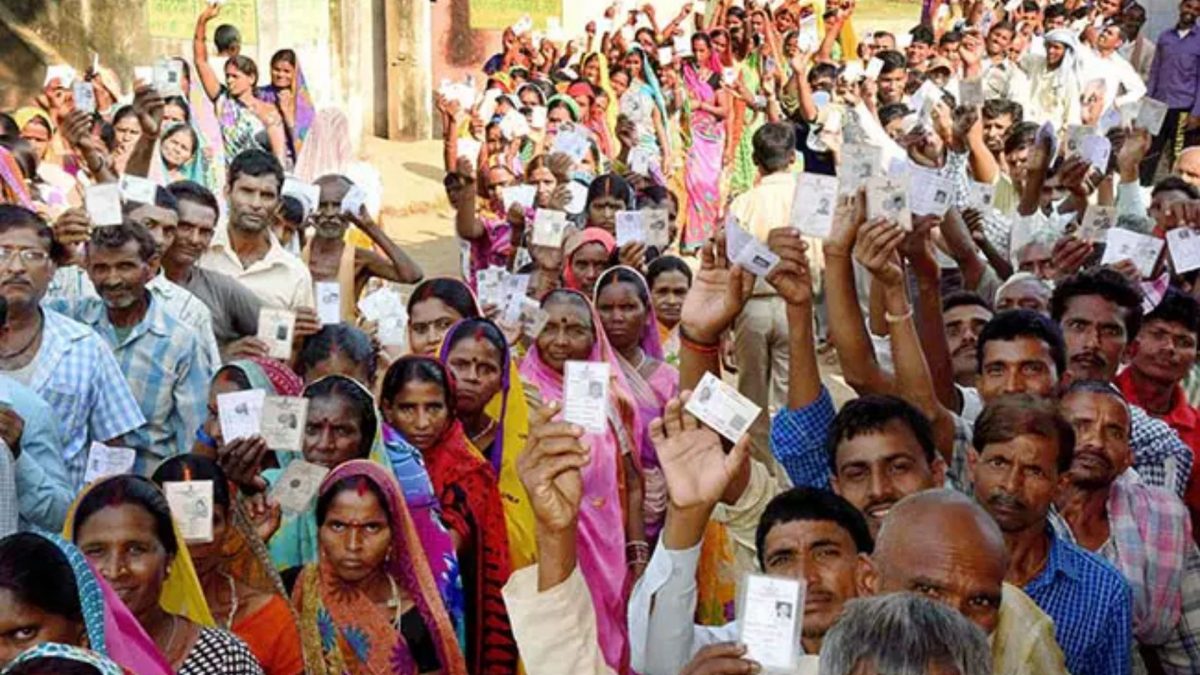)
)
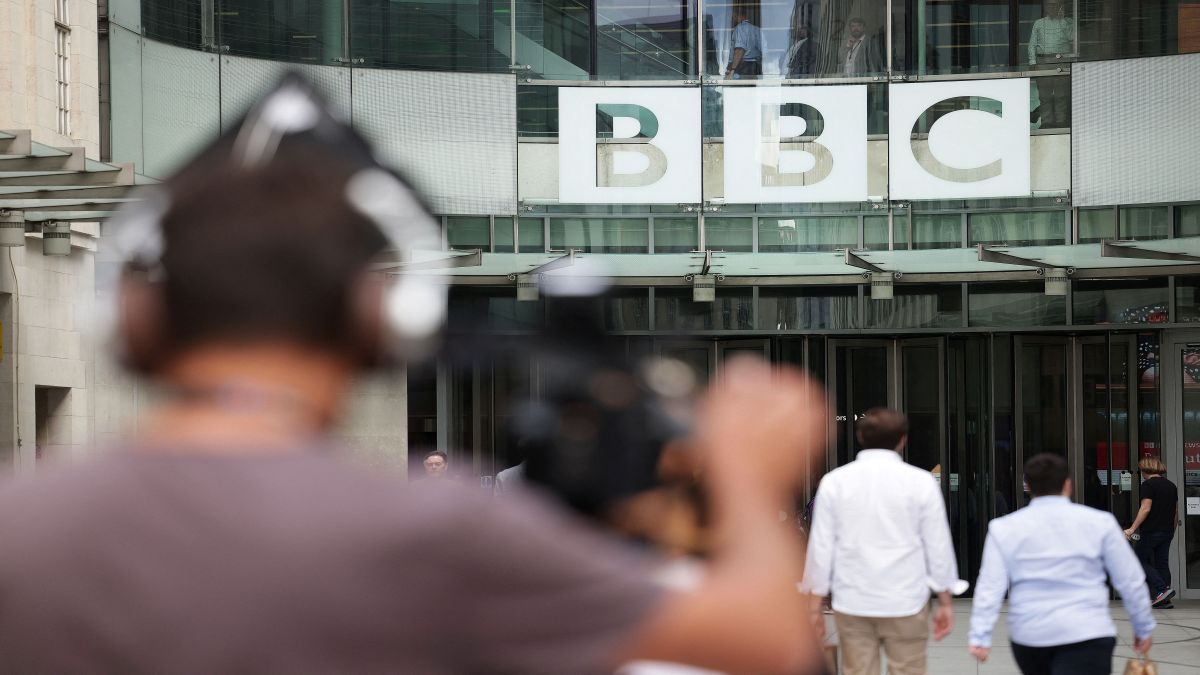)



